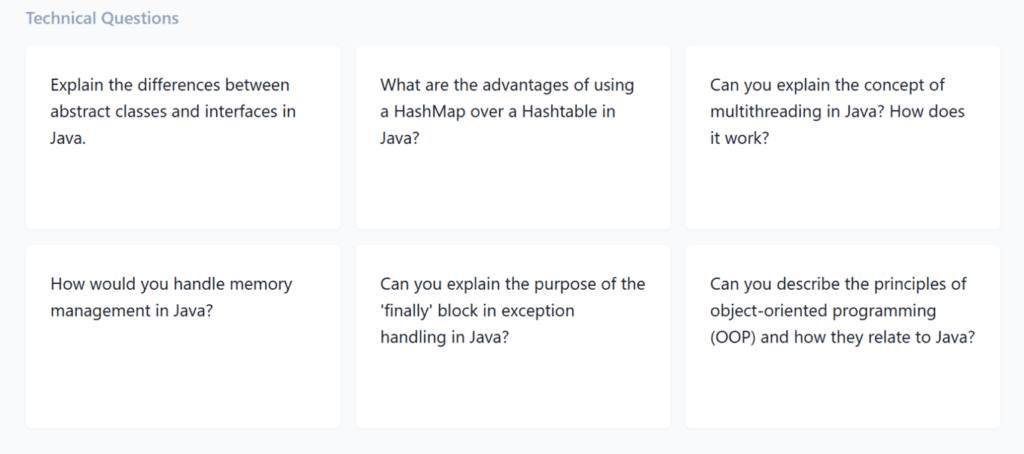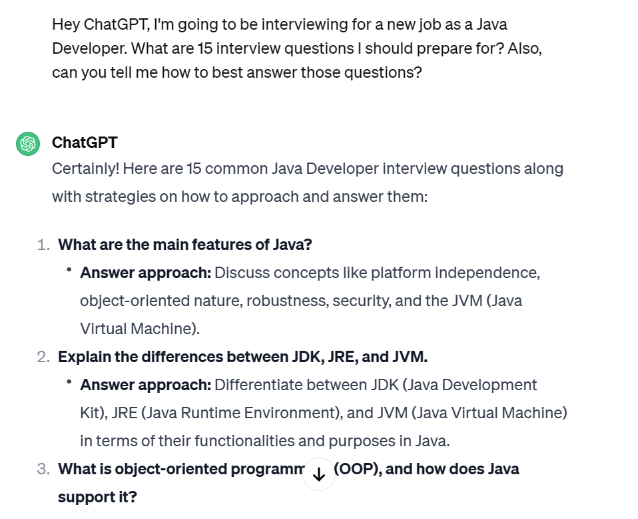Will artificial intelligence replace your job? 42% of people believe that’s on the horizon. Though this technology has disruptive potential, it’s ultimately a tool. When used right, AI can increase your efficiency, spark your creativity, and enhance your accuracy on the job. It’s a game-changer.
On top of improving how you work, artificial intelligence can increasingly influence where you’ll end up working. We’re talking to more IT professionals who are using this innovative technology to outsource or simplify the tedious or intimidating steps in their job search. Why not follow their example?
The Dexian team has put together a short list of AI use cases that can make your next job search a breeze.
1) Automating Job Applications
We know applying for jobs is not how you want to spend your free time. The repetition, needless reformatting, and time-consuming nature of the process have been thorns in the side of professionals for ages. Even with improvements to the process (60% of respondents in the 2022 North American Candidate Experience Benchmark Research Report say applications now take 15 minutes or less), that time adds up.
There’s another issue: when people are applying for multiple jobs, the process wears them down. You see that reflected in application abandon rates, which Appcast estimates at about 95% in their most recent survey. Though a number of factors influenced this heightened drop-off rate, repetitive or convoluted steps in the application process are often big contributors.
Artificial intelligence can make a material difference with these challenges. There has been an influx of automated job-matching and application tools designed to simplify this initial step. The algorithms within these AI tools can search the web and job boards for positions that are relevant to an individual’s needs and preferences, applying automatically with the resume in their system.
However, these AI platforms currently have some shortcomings. Because many of the tools cast a wide net, applying to hundreds of positions rather than a select few, you’re likely getting spammed everywhere. Sometimes, this will increase your chances, but that depends on the spectrum of experiences included in your resume. Plus, most require a subscription to access the service.
The good news is an IT staffing firm like Dexian can harness the benefits of artificial intelligence without the scattershot approach or investment. We use the AI-powered features of HireLogic to automatically mine our database for candidates who are eligible for new opportunities and have technical skills that align with a specific position before queueing them up for the role. Then, we handle the submission process, bypassing the traditional application process to present you straight to decision makers.
2) Generating and Customizing Resumes
Your resume shouldn’t be a static document. Every organization is a little different, so there are minor adjustments you can and should make to the text or layout of your resume. Typically, that means changing some of the wording to mirror the language in their job advertisement or shuffling sections to match their priorities for candidates. Though these efforts take time, customized resumes signal to a company’s applicant tracking system and their hiring managers that you are paying attention.
Artificial intelligence tools can help to accelerate this customization process. For example, tools like the Zety AI Resume Builder allow job seekers to quickly generate appealing resumes from fundamental information. You include your contact information, work history, education, and skills. Then, Zety generates the specifics which you can revise as needed. Or if you want to punch up an existing resume, you can use ChatGPT to craft a more persuasive message that aligns with the job you’re applying for.
Remember, these tools are not infallible, so you should review anything you’ve rewritten using ChatGPT or run the new material by a third party to confirm the new message hits the mark. This can eliminate mistakes which can disqualify you early on.
3) Preparing for Interviews
One of the most intimidating parts of the hiring process is the job interview. You never quite know what you’ll be asked, but there are certain generalities or common questions you can prepare to answer.
Unless you’ve worked as a consultant for years or have done some job hopping, you’ll likely need a refresher. Tools like AI Interview Coach can jog your memory. This tool allows you to select your exact role (or one of a few examples) and provide answers to frequently asked questions. Then, it tests out your replies, identifying the strengths of your response and the opportunities to make it better.
You can test your responses for personal, behavioral, background, and technical questions to refine your overarching interview strategy. Here’s a snapshot:

When it comes to technical questions, ChatGPT can help to guide your big-picture approach and remind you where you’ll need to brush up your knowledge. Here’s an example of how this generative AI tool responded to our prompt for help preparing for a Java Developer role:

Food for Thought
Since AI is here to stay, job seekers need to get familiar with these and other tools that can help their search. Yet it’s key to remember that not all these tools are completely plug and play. Yes, you’ll get a response if you ask ChatGPT a rudimentary question, but it might not give the depth or complexity of information that you need. Teach yourself some of the strategies to create prompts that can elicit desired responses.
And if you’re looking for help leveraging these AI tools, turn to companies like Dexian that are working to master their ethnical use. That way, you can find better jobs without putting your data or information at risk.

